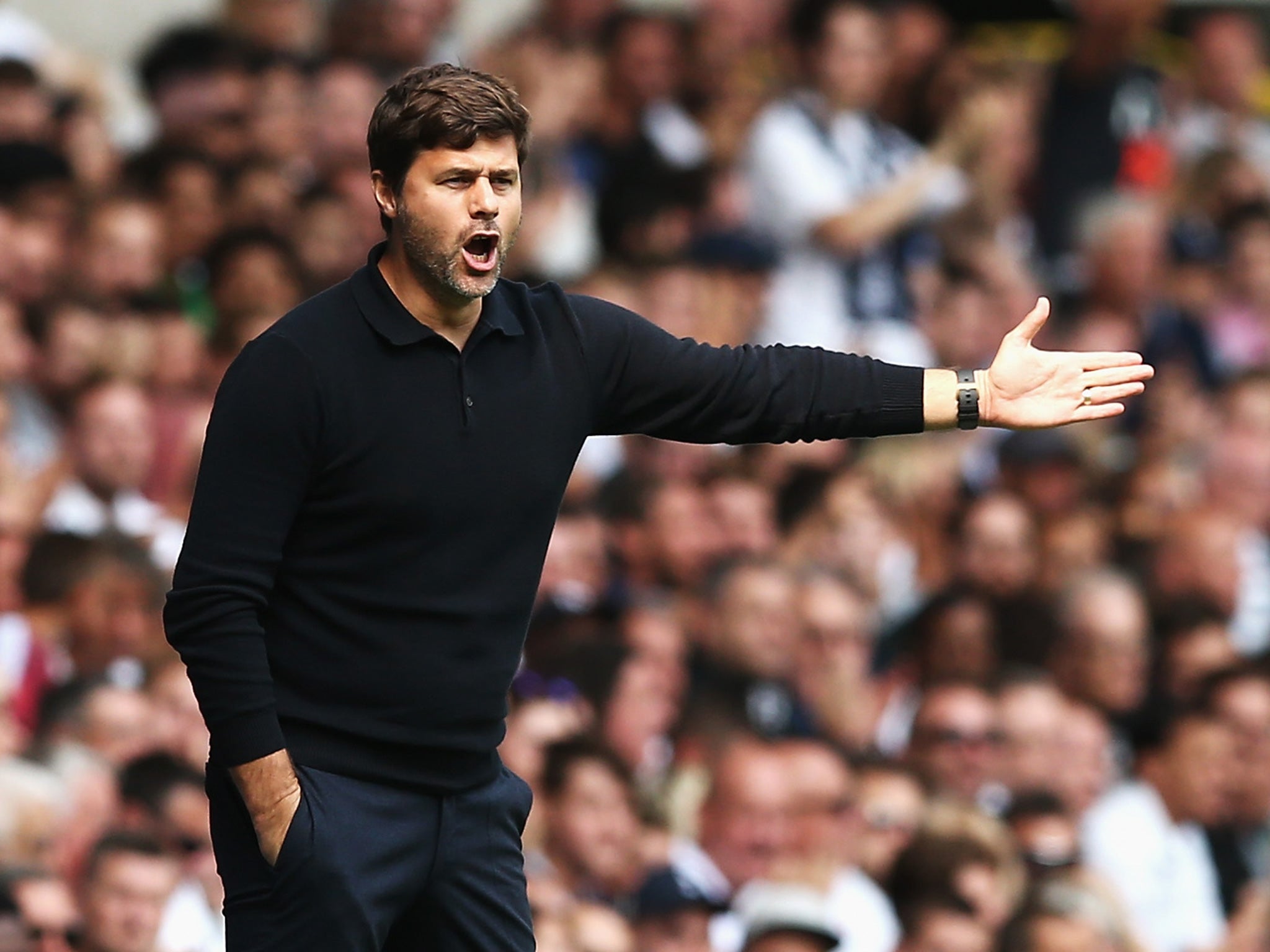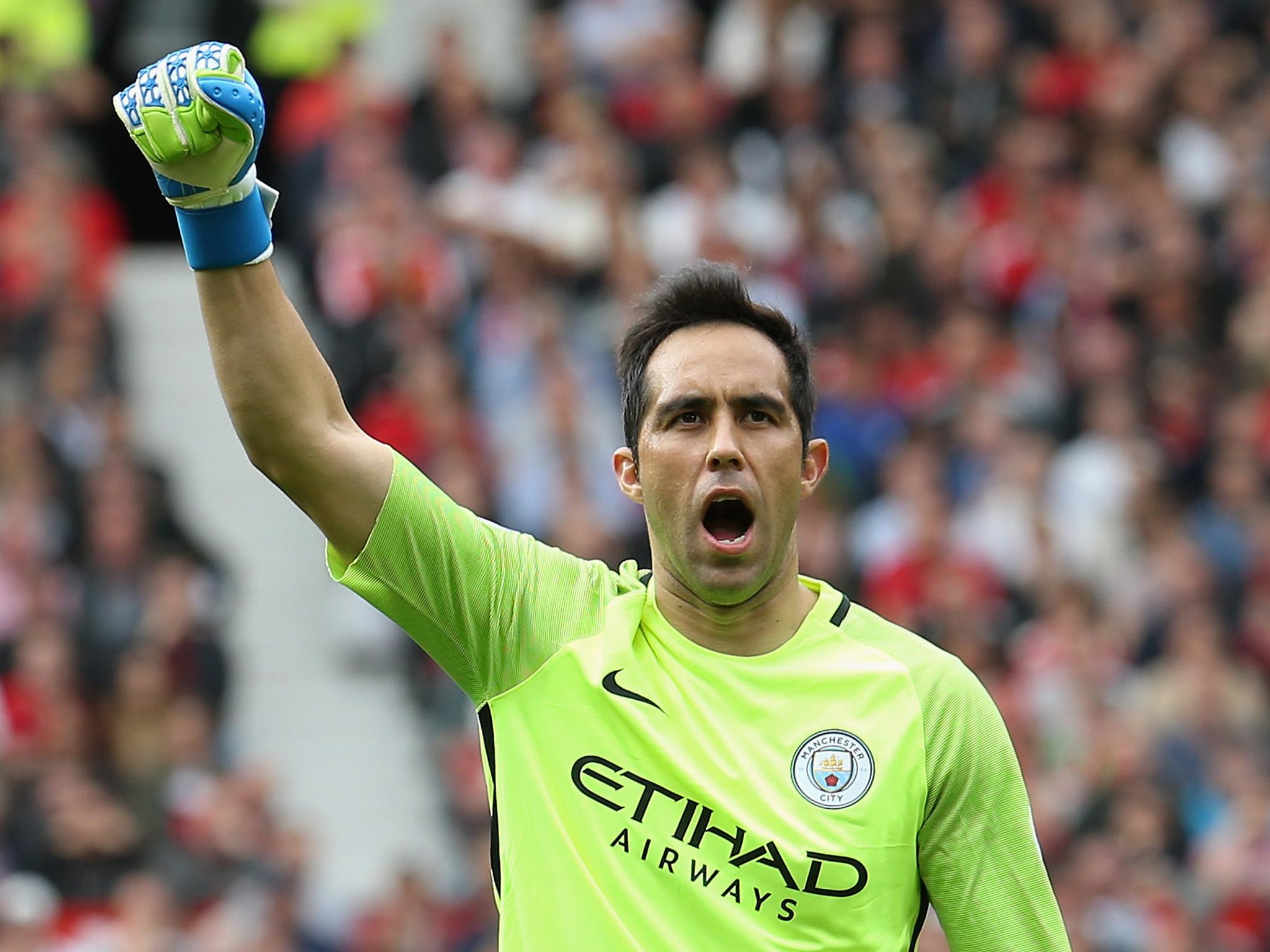Why Leicester may be perfectly suited to this year's Champions League with possession football out of fashion
The average number of passes needed to score a goal in the Champions League in 2015/16 was just 3.74, while teams required an average of 11.51 seconds’ possession to find the net.

The Champions League may be a whole new world for Leicester City but Claudio Ranieri’s men should feel quite at home in one sense, at least – their trademark ploy of a Danny Drinkwater pass over the opposition defence for Jamie Vardy is perfectly in sync with the increased tendency for direct, back-to-front passing in the elite European game.
The evidence of last season’s Uefa competitions – both at club and national-team levels – pointed to teams moving further away from possession-focused football, with an increased use of long balls to inflict damage on the counterattack. The average number of passes needed to score a goal in the Champions League in 2015/16 was just 3.74, while teams required an average of 11.51 seconds’ possession to find the net.
Reflecting on the reasons behind this trend, Ioan Lupescu, the Uefachief technical officer, told The Independent that “teams are well organised in the more dangerous central areas and the easiest way to get the ball to attackers in these positions is via long passes or via crosses”.
Uefa’s technical reports into last season’s Champions League and Europa League, along with Euro 2016, offer plenty of food for thought – with pressing strategies and ‘sweeper-keepers’ both significant discussion topics for the governing body’s team of observers, led by Sir Alex Ferguson.
However, it is the vogue for counterattacking that will strike a chord with Leicester fans making their way to Bruges for their club’s first European tie since 2000 on Wednesday evening.
Ranieri, the Leicester manager, said: “We are the flag-bearers but a lot of teams play on the counterattack – that is normal. Of course there are managers who believe in keeping possession of the ball but to keep possession of the ball you need high-quality players in every situation, in every position.
“There are different ways to win. I know if I put [Marc] Albrighton on the right, he makes ten crosses in each half. At the end of the match it’s 20 crosses. I don’t have the [same] players as Barcelona so I try to beat Barcelona in another way.”

Pragmatism rules
It is not just Ranieri – Uefa's analysis of the 2015/16 season suggests a new era of pragmatism is upon us. If Pep Guardiola’s Bayern posted an average of 67% possession per match in Europe last term – hinting at what lies ahead for Manchester City in their campaign – this is no longer the Holy Grail it was when tiki-taka was the buzzword in continental football circles. Of last season’s two finalists, Real Madrid averaged 54% possession and Atletico Madrid 46%.
Lupescu noted: “I’m not sure we can really say that it is a general trend away from possession given that only eight of the 29 games in the Champions League [from the last 16 onwards] were won by the team with less possession but we can say that at the Euro there were many teams who were well-organised defensively, comfortable without the ball but equally ready to launch quick and dangerous attacks.”
To underline the point, almost 20 per cent of goals scored at Euro 2016 came from possession won in a team’s own defensive third, and Lupesu added: “There are also many teams in the Champions League who are flexible enough tactically to be able to play in this way but who are also comfortable in possession when they need to be. Atlético Madrid are a particularly good example of this and Real Madrid were also able to play a possession game or defend and then attack quickly depending on the circumstances.”
No way through the middle
Lars Lagerback, coach of the Iceland team that dumped England out of Euro 2016, said the prevalence of deep defensive blocks – built around two holding midfielders – had led to this shift in strategy. “The majority of teams play 4-2-3-1 and so it’s more difficult to get through,” he explained. “In my analysis with the Icelandic team we definitely worked a lot on going around on the flanks because it is so tight with small spaces in the centre part of the pitch.”
One consequence of the two-man midfield screen is a downturn in long-range shooting – only 25 of 347 goals were from long shots, which is the lowest total recorded for the post-1992 Champions League. Hence, in turn, the importance of the attacking full-back and the rise in goals from crosses – up by 24% in the Champions League in 2015/16. Lagerback saw the same in France in June: “If you go back to the Euro there were a lot of crosses coming in in our games.”

Pressing – pros and cons
The benefit of playing an aggressive pressing game – putting opponents under intense pressure – is backed up by statistics from last season’s Champions League which show that opposition clearances (10.95%) and loose passes by the opposition (10.66%) were the biggest sources of goals scored.
Champions League 2015/16
3.74 – Average number of passes to create a goal
11.51 – Average number of seconds in possession before scoring
67% - Pep Guardiola’s Bayern had highest average possession
45% - Arsenal had lowest possession of the four English clubs
2.78 – goals per game, lowest average since 2011/12
“Most of the goals in the Champions League over the last two seasons did come after teams won possession back in the final third,” said Lupescu, adding: “You need quick-thinking players who are able to capitalise quickly on the chances they get or the mistakes opponents make.”
Arguably the most effective pressing strategy was that employed by last season’s Champions League runners-up Atletico Madrid who, according to Lupescu, “try to put pressure for 15, 20 minutes and then go back and play counterattack”.
Meanwhile, Sir Alex Ferguson, speaking in the Europa League technical report, placed a question mark against Liverpool’s all-out pressing approach in last season’s final. He described how Liverpool succeeded in knocking Sevilla out of their stride in the first half of their final defeat in Basel, but were unable to sustain their intense pressure. “In the second half Liverpool had no energy, they could not get to the ball,” he said. “The space in midfield became bigger. I never had a team who could press a ball all season.”

Stats back City changes
The statistics in UEFA’s Champions League technical report offer a suggestion of why Guardiola did not consider Joe Hart fit for the role of ‘sweeper-keeper’ in his City team. For instance, the England goalkeeper failed to find a team-mate with 37% of his long passes during the semi-final second-leg loss at Real Madrid in May.
As a point of comparison, Barcelona’s Marc-André ter Stegen – one of the new breed of sweeper-keepers – hit only three wayward passes, from a total of 67, when Barcelona took on Arsenal. Goalkeepers at the Euro in France averaged 60 per cent of actions with their feet, and Lupescu added: “The role of the modern ‘keeper is important as a lot of his touches will be with his feet as both an outlet for defenders under pressure but also in some cases as a player who can start the build-up phase.”
A similar point applies to John Stones’s arrival at the Etihad. Uefa’s Champions League report quotes David Moyes, a technical observer last season, singling out City for their failure to build the play from the back. “They very rarely took the ball with their central defenders,” he said – and a striking example was Eliaquim Mangala’s display in Madrid, where he played 23 of his 30 passes in the semi-final to his own goalkeeper and defenders. Stones should help remedy this particular problem, starting against Borussia Mönchengladbach tomorrow.
Join our commenting forum
Join thought-provoking conversations, follow other Independent readers and see their replies
Comments